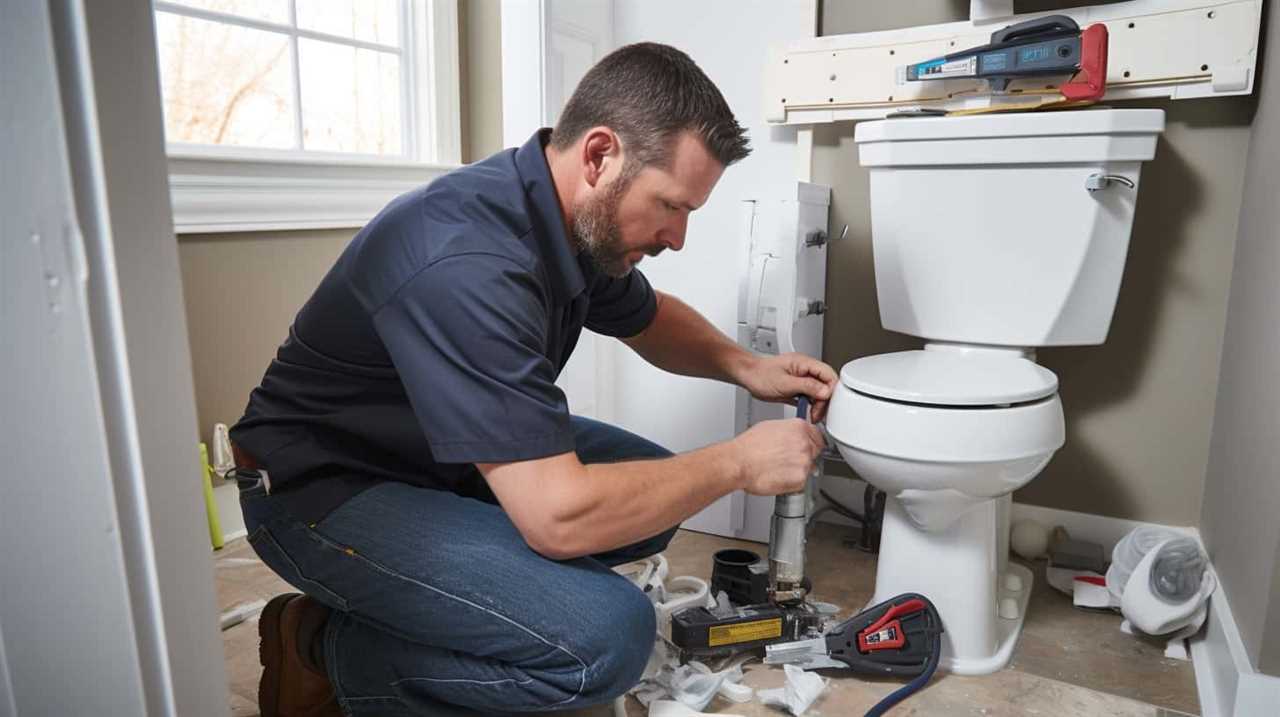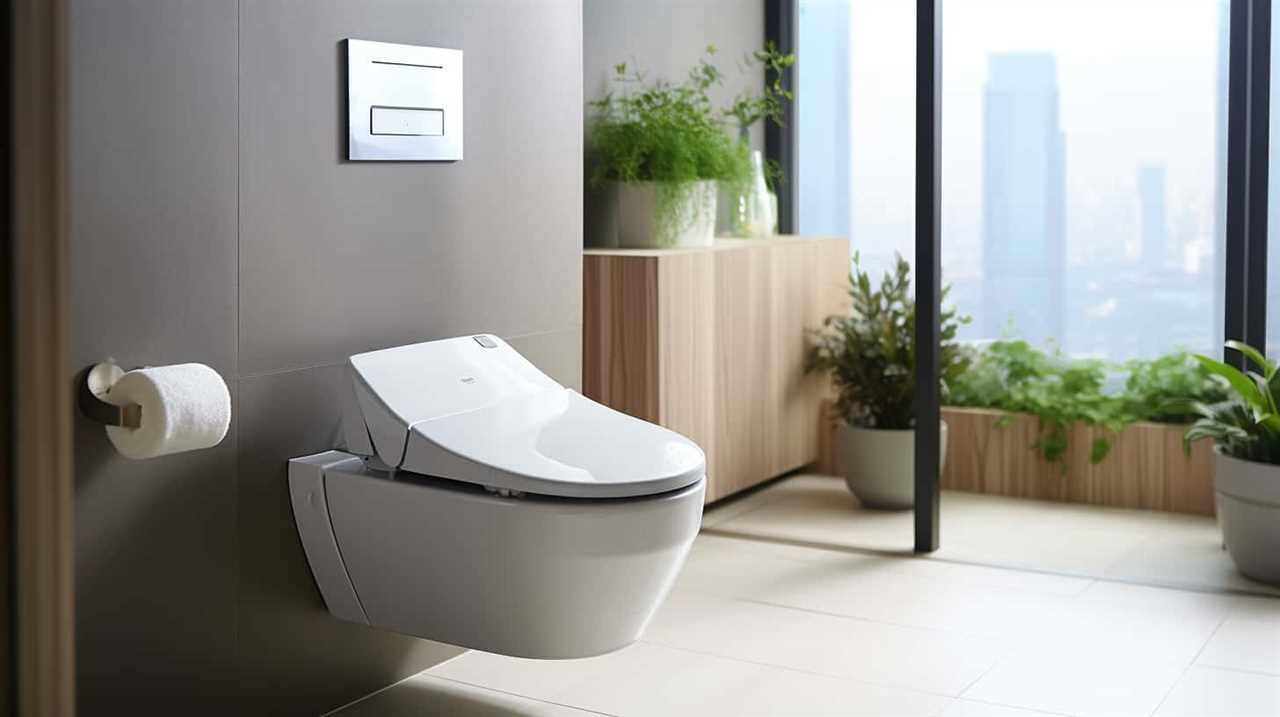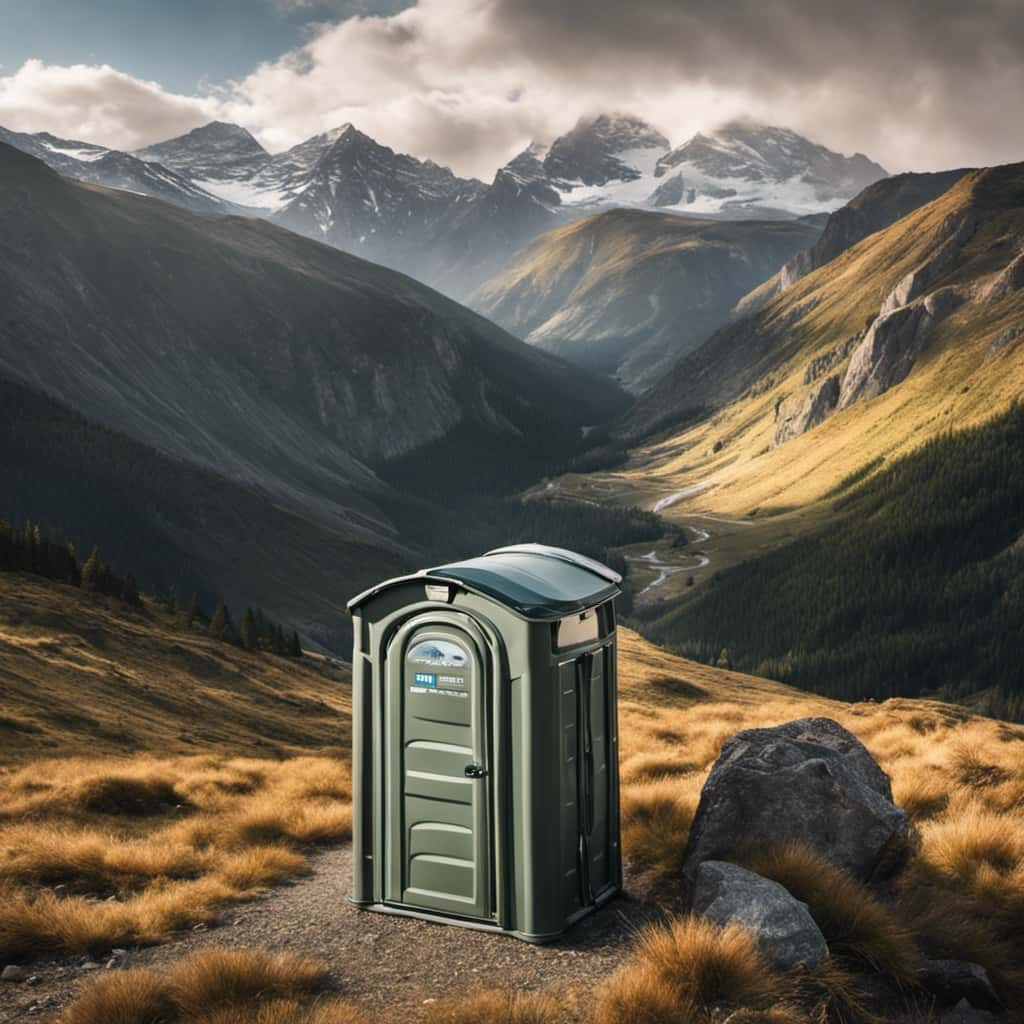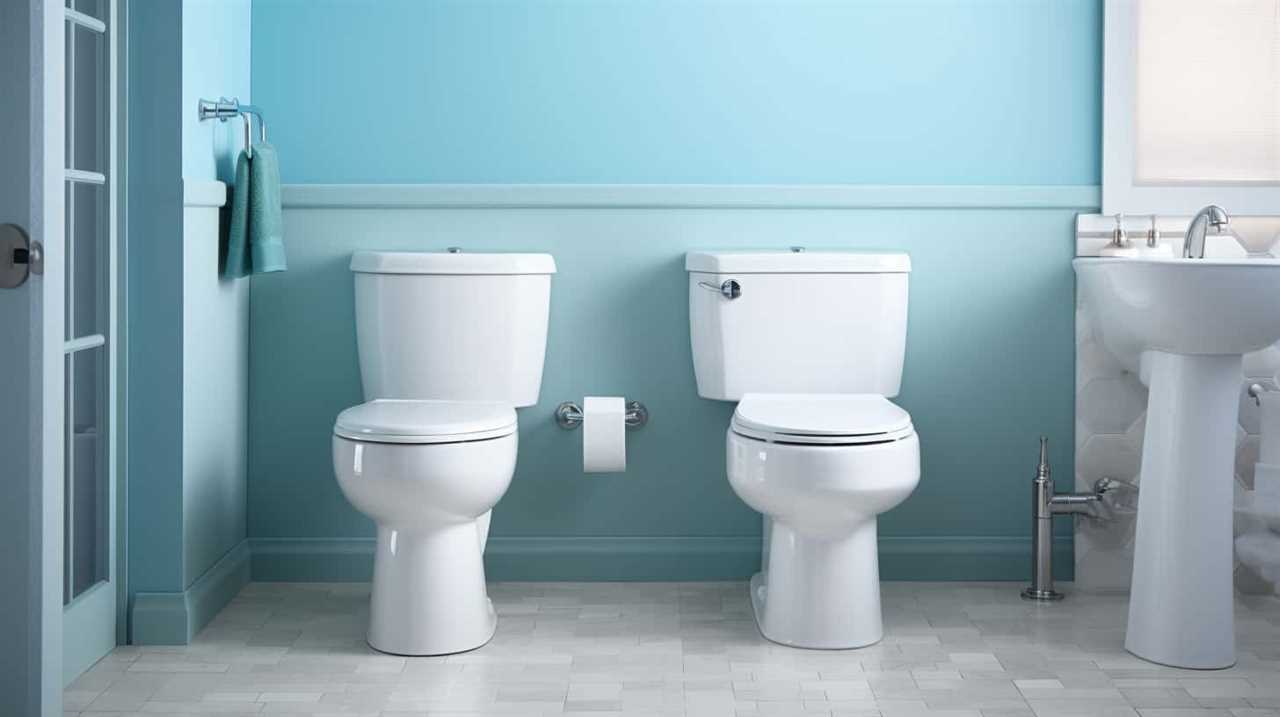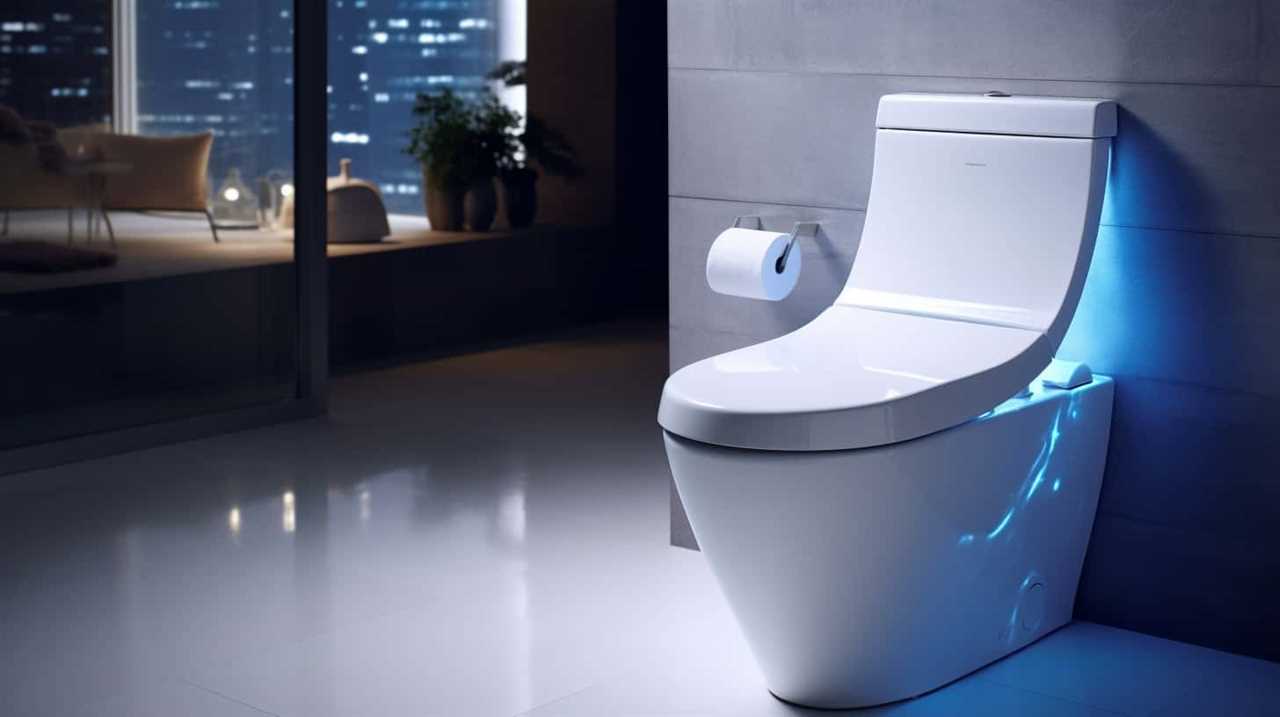We know what you’re thinking: ‘Why would anyone want to compost cat poop?’ Well, let us enlighten you.
Composting cat waste can have a positive impact on the environment. However, there are also drawbacks to consider.
In this article, we will explore the benefits and drawbacks of composting cat poop, as well as provide guidance on the proper disposal in the garbage.
So, if you’re seeking the best solution for managing cat waste, keep reading for an objective and analytical evaluation.
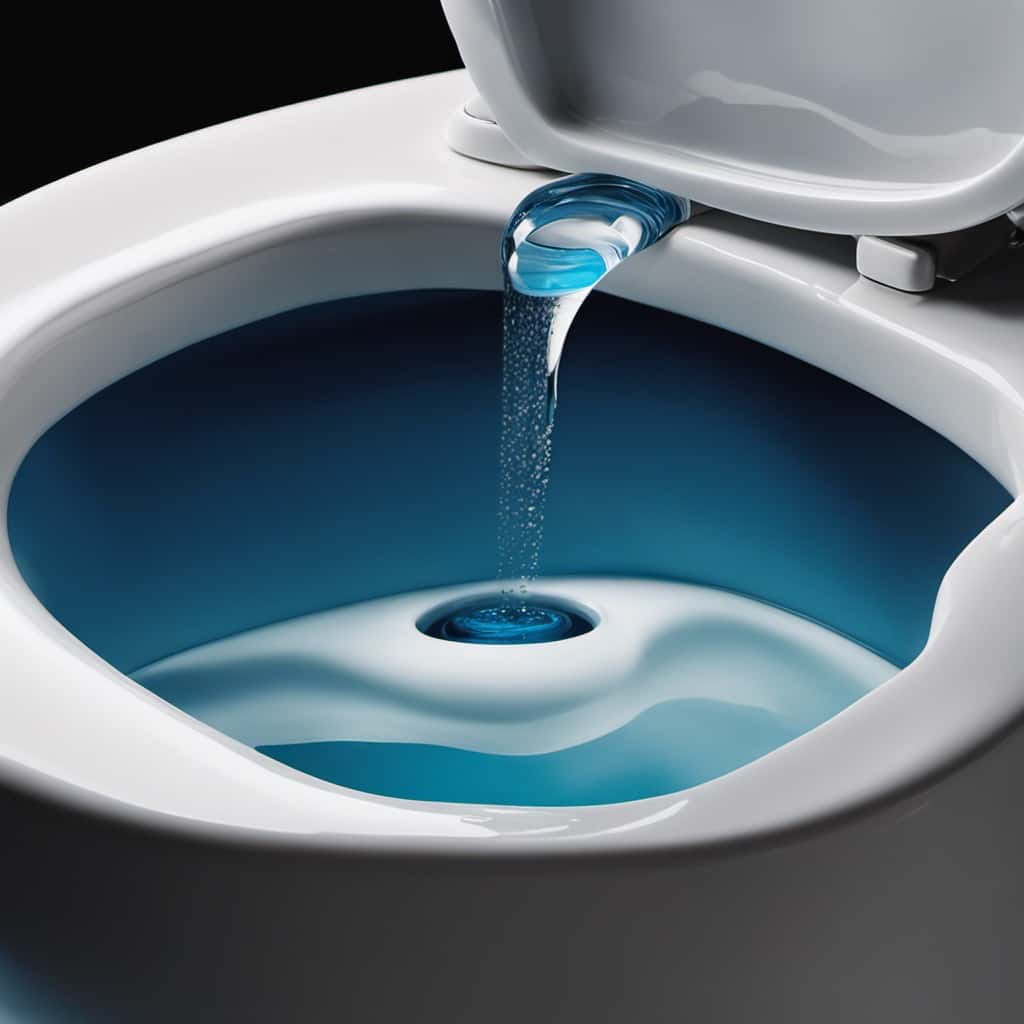
Key Takeaways
- Cat waste can contaminate soil and water sources with harmful pathogens.
- Composting cat poop reduces the amount of waste in landfills and can be used as a nutrient-rich soil amendment.
- Proper disposal of cat poop in the garbage prevents the spread of diseases and ensures environmental safety.
- The best solution for managing cat waste may vary depending on individual circumstances.
The Environmental Impact of Cat Waste
When it comes to the environmental impact of cat waste, we need to consider the proper disposal of it in accordance with waste management guidelines. Cat waste can have significant ecological consequences if not handled correctly. One of the main concerns is the presence of harmful pathogens, such as Toxoplasma gondii, which can contaminate soil and water sources. This can lead to the transmission of diseases to other animals and even humans.
Proper waste management practices, such as bagging the waste and disposing of it in the garbage, can help prevent the spread of these pathogens. Additionally, cat waste contains high levels of nitrogen and phosphorus, which can contribute to water pollution and the growth of harmful algal blooms.
Therefore, it’s crucial to dispose of cat waste responsibly to minimize its environmental impact.
Benefits of Composting Cat Poop
To continue addressing the environmental impact of cat waste, let’s explore the benefits of composting cat poop.
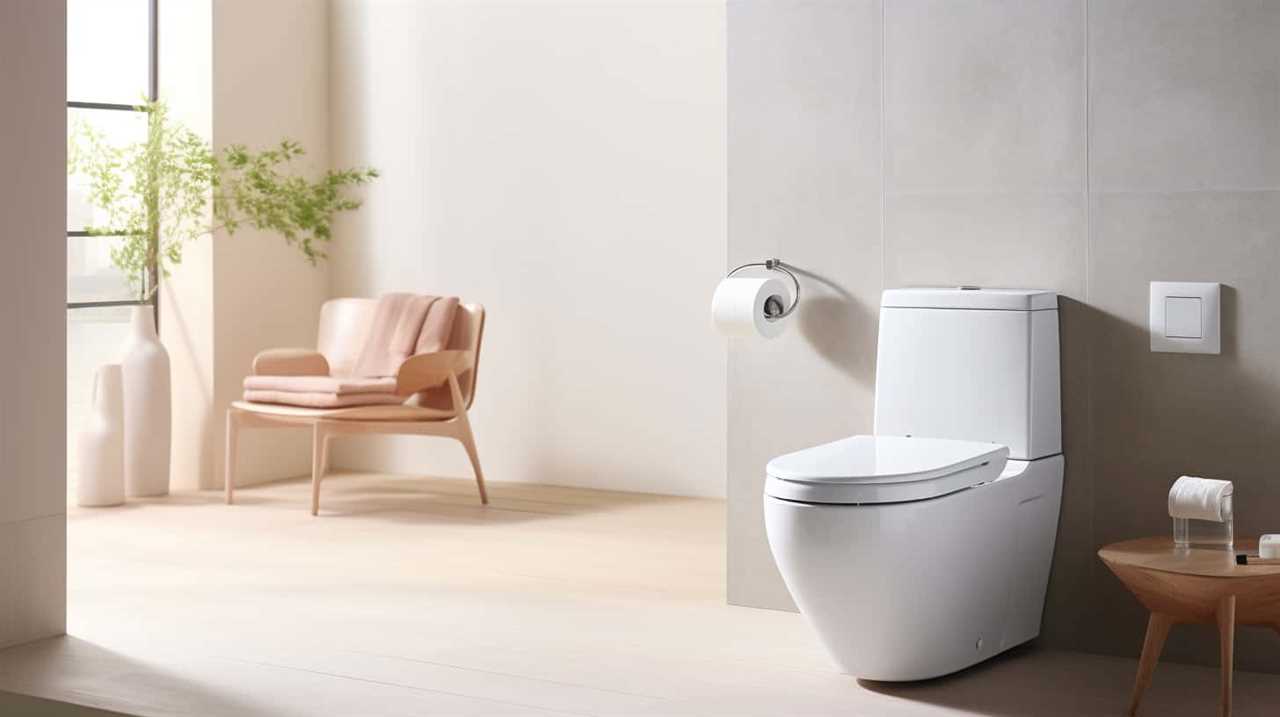
Composting cat poop offers several advantages, both in terms of sustainability and practicality.
Firstly, composting cat poop helps reduce the amount of waste that ends up in landfills. By diverting cat waste from the garbage, we can significantly decrease the amount of methane gas produced, which is a potent greenhouse gas.
Additionally, composting cat poop can be an effective way to create nutrient-rich soil for gardening and landscaping purposes. The composted cat poop can be used as a natural fertilizer, providing essential nutrients to plants and promoting healthy growth.
This not only reduces the need for chemical fertilizers but also contributes to a more sustainable and eco-friendly approach to gardening.
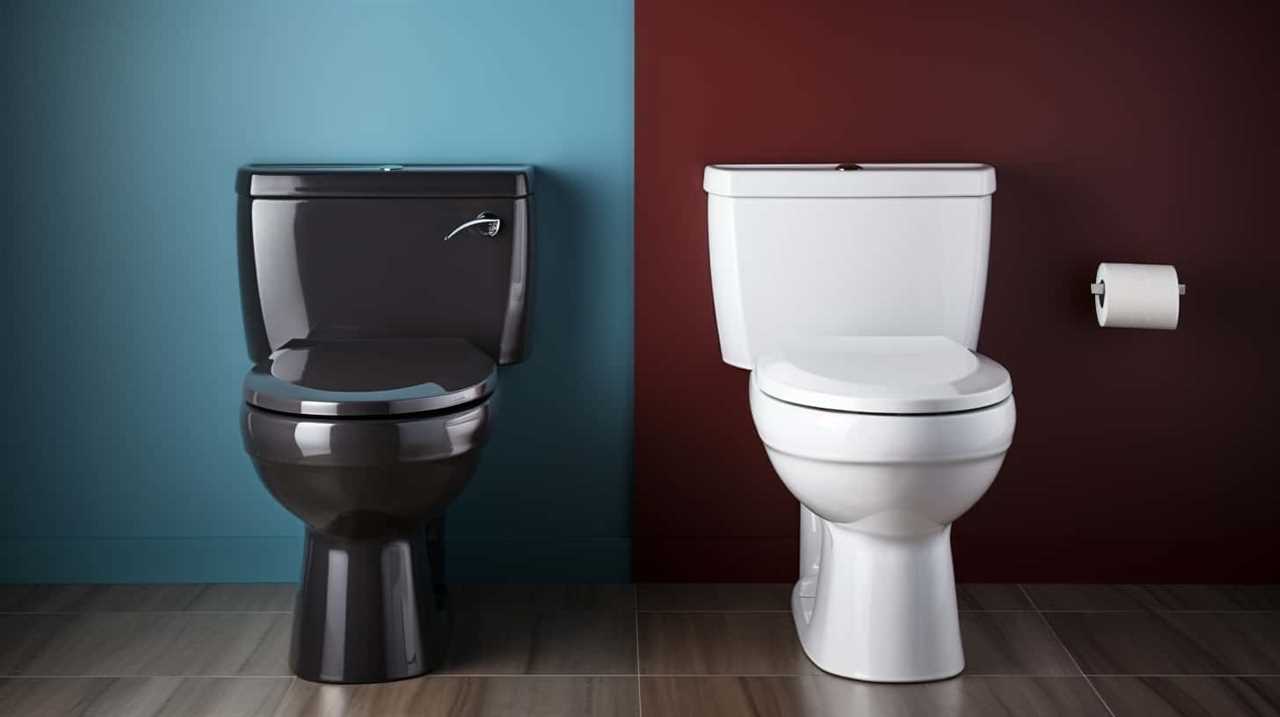
Drawbacks of Composting Cat Poop
Composting cat poop has its drawbacks, including potential health risks and the need for proper management. While composting can be a beneficial way to dispose of organic waste, it’s important to consider the disadvantages of composting cat poop.
One of the main concerns is the presence of harmful pathogens in cat feces. These can include Toxoplasma gondii, a parasite that can cause serious health issues in humans, especially pregnant women and individuals with weakened immune systems. Proper management is crucial to minimize the risk of contamination.
This involves using a separate composting system specifically for cat waste, ensuring proper temperature and moisture levels for effective breakdown, and avoiding the use of compost from cat waste on edible plants. Additionally, regular monitoring and testing of the compost can help identify any potential health risks and ensure safe use.
Proper Disposal of Cat Poop in the Garbage
We recommend placing cat poop in the garbage for proper disposal. Improper cat poop disposal can pose health risks, as it may contain harmful bacteria and parasites that can cause diseases in humans and other animals. By disposing of cat poop in the garbage, we can prevent these health risks and ensure the safety of our environment.

While traditional garbage disposal is the most common method, there are alternatives available for those who are looking for more sustainable options. These alternatives include specialized cat waste disposal systems, such as biodegradable litter and compostable bags, which can help reduce the environmental impact of cat waste.
It’s important to consider these alternatives and choose the best solution that suits your needs and preferences.
Conclusion: Finding the Best Solution for You
After considering the proper disposal of cat poop in the garbage, let’s now explore the best solution for you. When it comes to finding alternatives, there are a few important health considerations to keep in mind:
- Environmental impact: Look for methods that minimize the environmental impact of cat poop disposal. This can include options like biodegradable litter or composting systems specifically designed for pet waste.
- Health risks: Consider the potential health risks associated with handling cat poop directly, especially if you have a compromised immune system or are pregnant. It’s important to choose a method that reduces the risk of exposure to harmful pathogens.
- Convenience and practicality: Evaluate the practicality of different disposal methods in terms of your lifestyle and living situation. Consider factors such as space, time commitment, and any local regulations or restrictions.
Frequently Asked Questions
Can I Use Cat Poop Compost on My Vegetable Garden?
We can use cat poop compost in flower beds, but it’s not recommended for vegetable gardens due to the risk of pathogens. The benefits of using cat poop compost on outdoor plants include improved soil fertility and moisture retention.
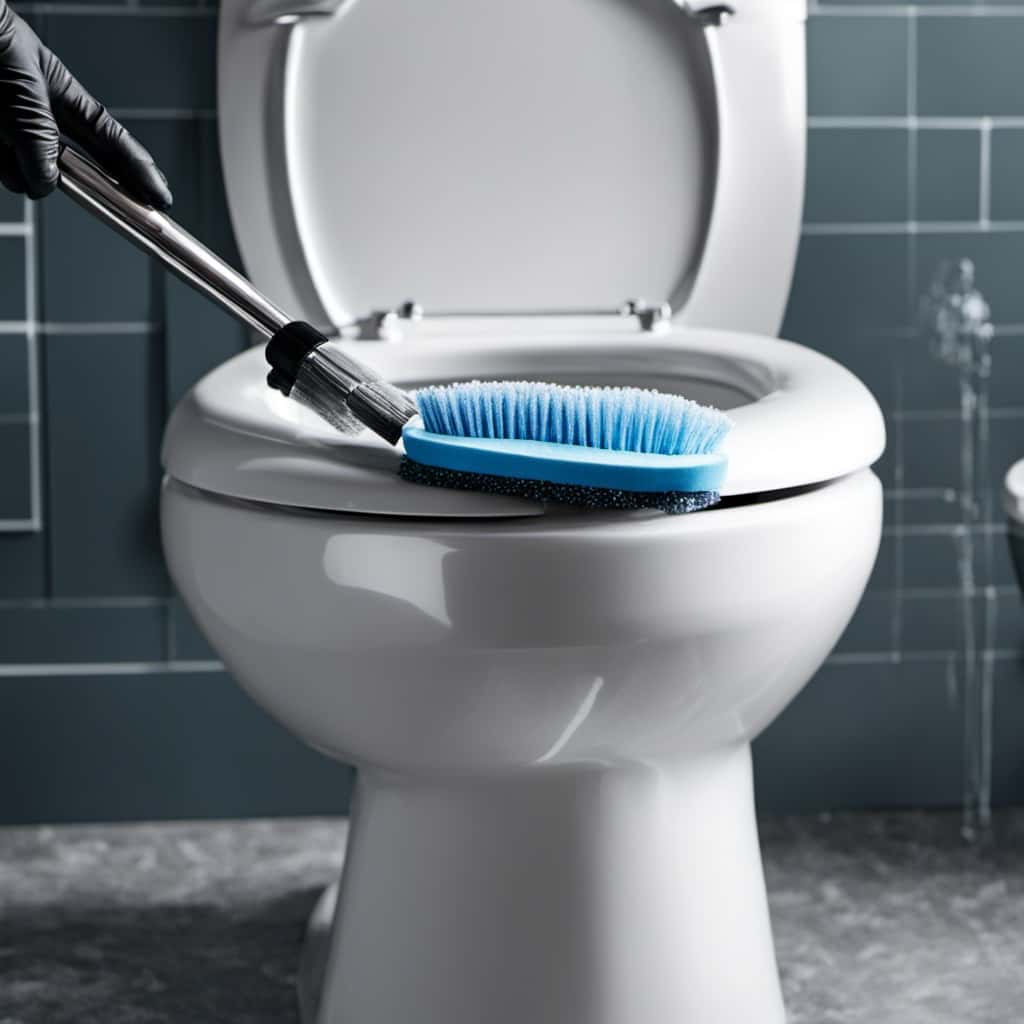
Is It Safe to Flush Cat Poop Down the Toilet?
Flushing cat poop may seem convenient, but it’s important to consider the environmental impact. Proper disposal methods, such as composting or placing it in the garbage, help prevent contamination and protect our ecosystems.
Can I Use Cat Poop Compost for Indoor Plants?
When it comes to indoor plant care, alternative composting methods can be explored. However, it is important to consider the safety of using cat poop compost for indoor plants.
How Long Does It Take for Cat Poop to Decompose in a Compost Pile?
The decomposition rate of cat poop in a compost pile depends on various factors such as temperature, moisture, and the presence of other organic material. It is important to consider the environmental impact of composting cat poop.
What Are the Risks Associated With Composting Cat Poop?
Composting cat poop poses risks due to potential pathogens and parasites. Proper composting techniques, such as high temperatures and long durations, can mitigate these risks. It is important to follow guidelines to ensure safe composting practices.
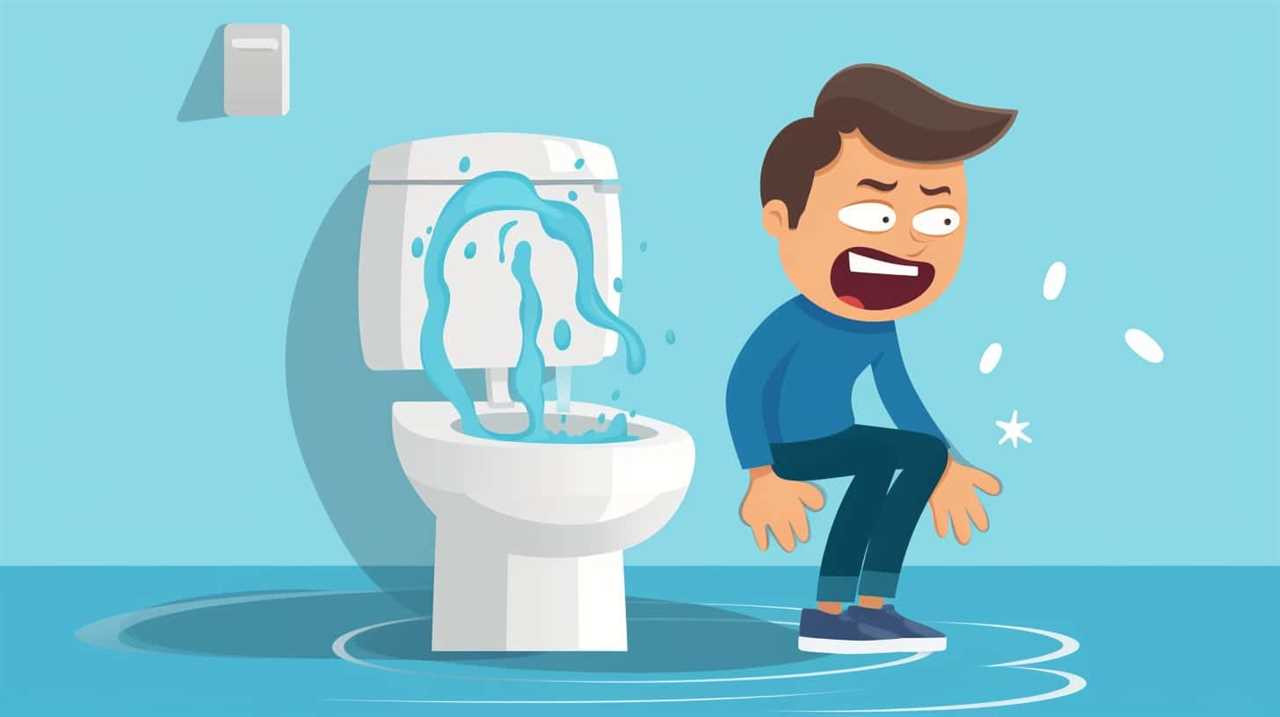
Conclusion
In conclusion, after considering the environmental impact, benefits, and drawbacks, it’s clear that composting cat poop can be a viable option for some individuals.
However, for those who are unable or unwilling to compost, proper disposal of cat waste in the garbage is the recommended solution.
Ultimately, the best choice depends on personal circumstances and preferences.
So, whether you choose to embrace the wonders of composting or opt for the simplicity of the garbage, remember to prioritize the health of our planet.
